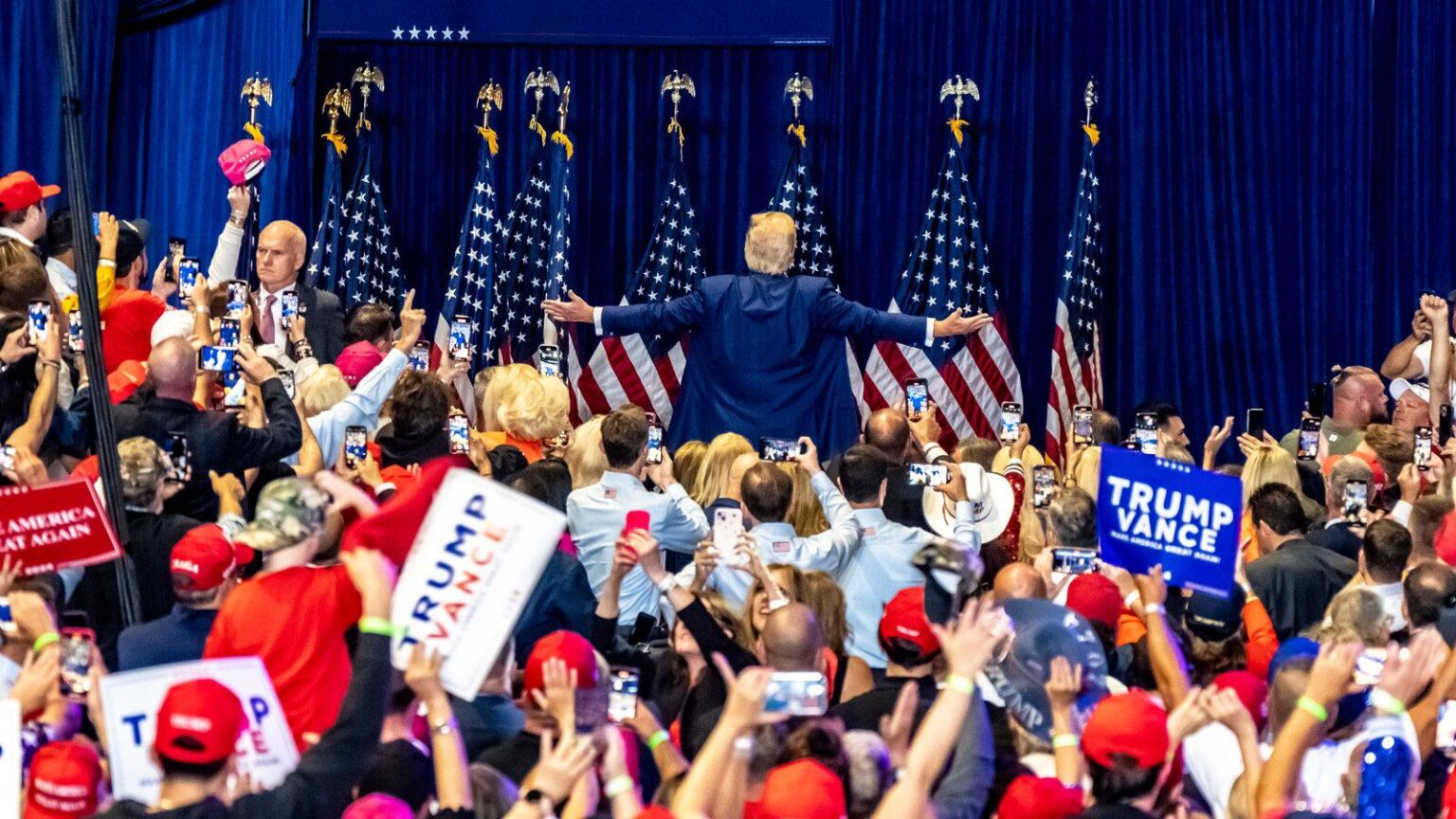In the wake of increasing global uncertainties, the United States has long stood as a bastion of democracy, offering unwavering support to its allies in Europe. However, with the current administration under President Trump, concerns are mounting that these efforts to protect democracy across the Atlantic could be facing a potential downturn. As the world watches with bated breath, the future of US-Europe relations hangs in the balance.
Challenges to US Democracy Protection Efforts in Europe
While the United States has long been seen as a champion of democracy in Europe, recent shifts in policy and leadership raise concerns about the future of these efforts. Under President Trump, there is a growing skepticism towards international alliances and a focus on America First policies, which could potentially undermine US democracy protection initiatives in Europe.
Furthermore, the rise of populist movements and authoritarian leaders in some European countries presents a significant challenge to US democracy protection efforts. These political forces often challenge democratic norms and institutions, making it harder for the US to effectively promote and defend democracy in Europe. Without strong leadership and a clear commitment to upholding democratic values, the US risks losing influence and credibility in the region.
Impact of Trump Administration Policies on European Democracy
In the wake of the Trump administration’s policies, the protection of democracy in Europe could be at risk. With the US historically playing a key role in supporting democratic values in the region, the current administration’s stance on international relations and alliances raises concerns about the future of this partnership. Key impacts on European democracy include:
- Decreased focus on human rights issues
- Shift towards a more isolationist foreign policy
- Weakening of transatlantic alliances
As the US potentially steps back from its role as a global leader in promoting democracy, European countries may need to reassess their own strategies for upholding democratic principles. The situation poses challenges for maintaining a united front against authoritarian regimes and protecting the values that have long defined Western democracies. Potential consequences of this shift include:
- Increased vulnerability to external threats
- Strains on international cooperation and solidarity
- Risk of undermining progress towards a more democratic world
Ensuring Continued US Support for European Democratic Institutions
With the upcoming presidential election in the United States, there is growing concern that efforts to protect and support democratic institutions in Europe could dwindle under a Trump administration. The current administration has already shown a lack of commitment to traditional allies and multilateral organizations, raising doubts about the future of US support for European democracies.
It is crucial for the US to continue its strong backing of democratic institutions in Europe to maintain stability and prosperity in the region. Without US support, European countries may face increased pressure from authoritarian regimes and threats to their sovereignty. is essential to uphold the values of democracy and freedom that both the US and Europe share.
Strategies to Strengthen Transatlantic Cooperation on Democracy Protection
With the changing political landscape in the United States, there is a growing concern that efforts to protect democracy in Europe could fade under the current administration. The transatlantic cooperation on democracy protection, which has been a cornerstone of US foreign policy for decades, is at risk of weakening as priorities shift.
It is imperative for European leaders to explore alternative strategies to strengthen democracy protection in the absence of strong US support. This may involve increasing collaboration among European nations, investing in grassroots movements, and leveraging international organizations. Maintaining a unified front and proactive approach will be crucial in navigating these uncertain times.
The Conclusion
As US policies towards protecting democracy in Europe face uncertainty under the Trump administration, it is imperative to recognize the potential ramifications of this shift in strategy. The future of transatlantic relations hinges on the decisions made by leaders on both sides of the Atlantic. Only time will tell how this chapter in global politics will unfold, but one thing remains certain - the stakes are high and the need to safeguard democracy is more crucial now than ever before. Let us hope that the pursuit of protecting democratic values remains a top priority for all those involved in shaping the future of Europe and beyond.

